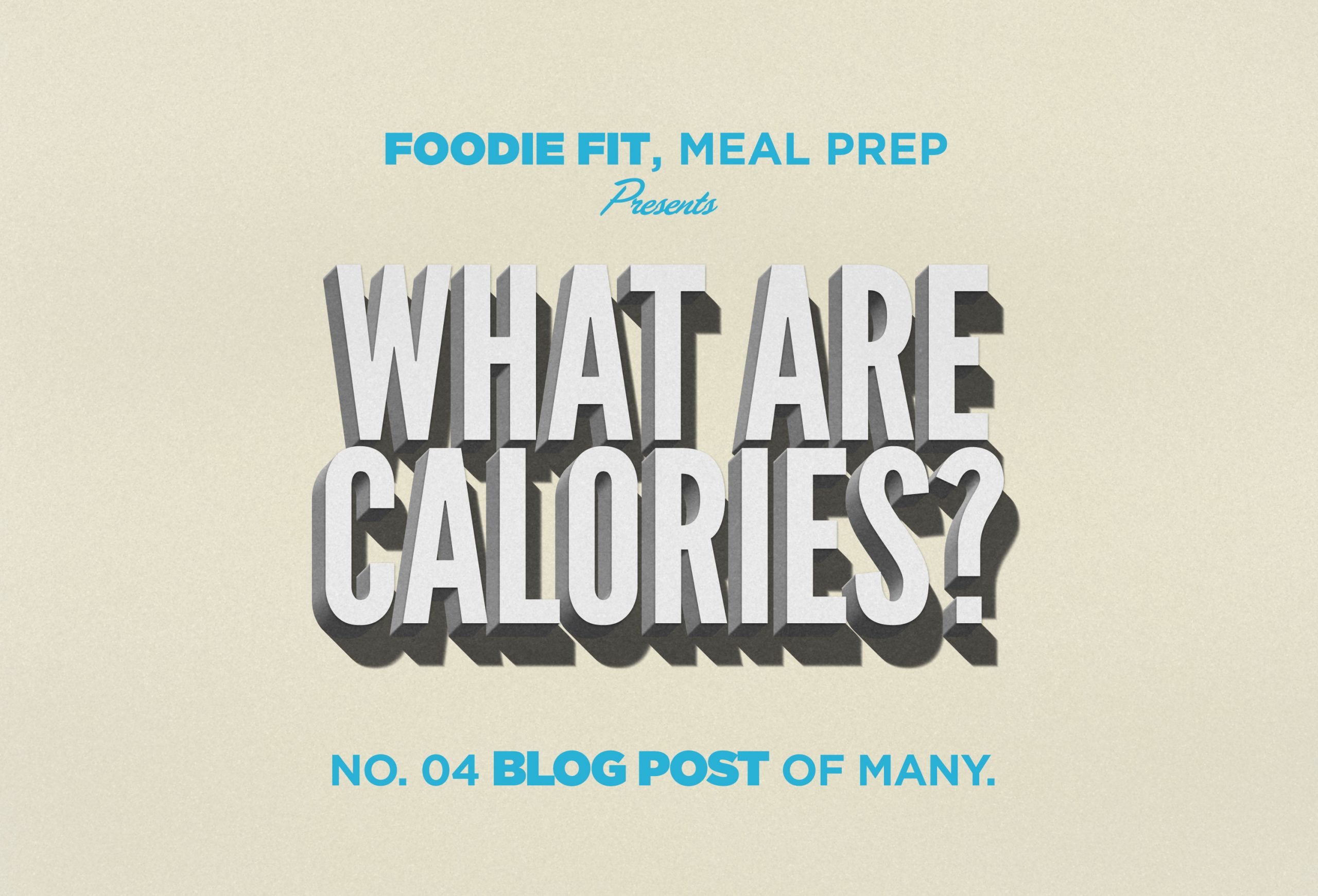Counting Calories: A Comedy of Culinary Confusion
To count or not to count, that is the question – whether ’tis nobler in the gut to suffer the pangs of hunger or to take arms against a sea of snacks and by opposing, eat them! Okay, maybe that’s a bit cheesy, but today’s blog is all about the calorie conundrum. What are these sneaky little units of energy, and do we really need to keep tabs on them?
What Are Calories, Anyway?
Calories are the little energy nuggets we get from most of the foods and drinks we consume. They’re like the fuel for our bodily engines, keeping us revved up for:
- Focus
- Exercise
- Digestion
We need these calories to survive and thrive. But how many do we really need? Well, that depends on your health goals, which, let’s face it, can change more frequently than your Netflix password.
- Weight loss
- Muscle gain
- Sports performance
- Pregnancy
- Dealing with those pesky medical conditions
Calories come in all shapes and sizes, mostly in the form of protein, carbs, and fats – these are your “macros.” Think of them as the rockstars of the nutritional world.
Meet the Nutritional Rockstars: Macronutrients
Protein: These guys are like the construction workers of your body, tirelessly building and repairing tissue, from muscles to organs.
Carbohydrates: They’re like your body’s favorite energy source. They’re the power plant that keeps the lights on, and by lights, I mean your ability to binge-watch Netflix for hours.
Fats: These are the backstage managers, handling hormone secretion and regulation, making sure all the nutrients get where they need to be.
Now, if you go too long without enough of any of these, you’re in for a world of trouble: low energy, tummy turmoil, muscle meltdown, hormonal havoc, immune system sabotage, and the list goes on. Basically, it’s a nutritional horror show.
Do We Really Need to Count Calories?
Well, here’s the thing, unless you’re training for the Olympics or on a mission to sculpt yourself into the next superhero, counting calories may not be your jam.
*If you do find yourself in the calorie-counting club, just remember the golden rule: stay within your caloric budget.
Leading a balanced life isn’t as hard as rocket science. You don’t need a degree in nutritionomics. The secret is portion control and using this as a guide.
Follow these magical servings for each food group on the daily:
- Protein: 5 ½ ounces of lean meat, poultry, seafood, eggs, nuts, and seeds. You know, the good stuff.
- Grains: 6 ounces of the stuff that gives you carbs to keep you rolling.
- Dairy: 3 cups (24 ounces) of low-fat milk, fat-free milk, or yogurt. Say no to saturated fat!
- Fruits: 2 cups (16 ounces) of nature’s candy.
- Vegetables: 2.5 cups (20 ounces) of a colorful garden party for your taste buds.
Now, I get it, this might still sound confusing, and you’ve probably got more questions than answers. But fear not, I’m here to untangle the web of foodie confusion and help you navigate your culinary adventure.

